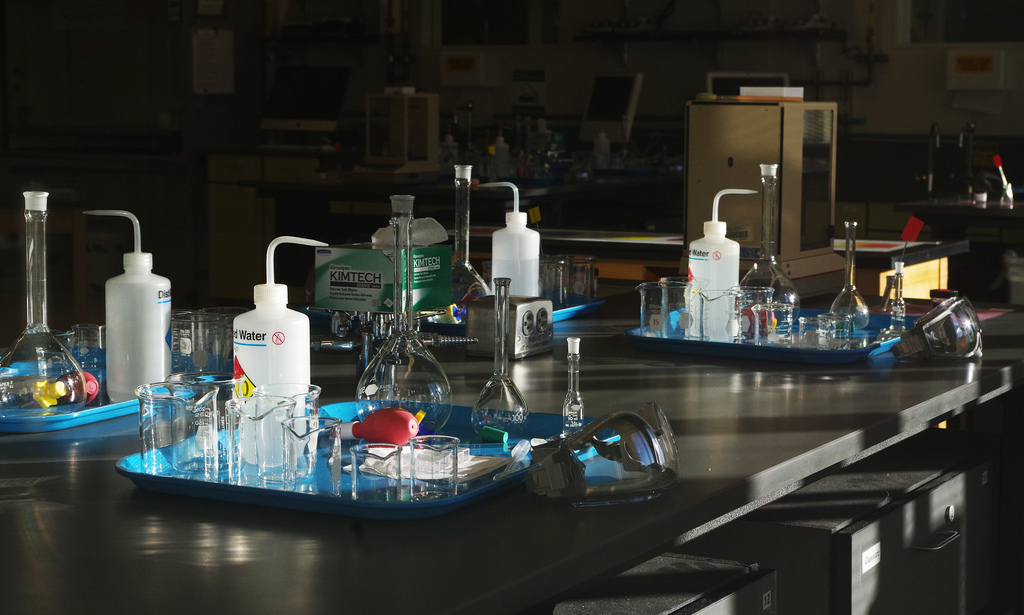In 2008, Scientific American published a study by Paul J. Zak on The Neurobiology of Trust. Using an experimental task called “the trust game,” researchers found that “oxytocin, a hormone and neurochemical, enhances an individual’s propensity to trust a stranger when that person exhibits nonthreatening signals.” It makes us feel warm and nurturing.
From a biological and neurochemical perspective, this is fascinating. The study also reports that countries where individuals tend to have a high level of trust towards strangers or individuals with whom they are casually connected tend to be wealthier nations, as opposed to poorer countries where levels of trust are markedly lower.
This is in part because of the many inherently risky decisions we have to make to progress and innovate within our particular situations. To simply enter into business with someone with whom you are not already acquainted necessitates a certain level of trust, and without it, those connections won’t be made at all.
It follows, then, that organizations where individuals display a markedly high level of trust have a higher ceiling for, and generally a faster pace of, innovation. The study points out that “it literally feels good when someone seems to trust you.” Feeling distrust, on the other hand, produces negative feelings, especially as a “hot” physiological response in men.
We may not spend much of our time consciously thinking about our trust levels between ourselves, our coworkers, and our clients, but I believe that deep-seated organizational trust a foundation that enables us to reach our greatest potential. It allows us to use our creativity, unfettered. It allows us to give honest feedback without fear of reprisal. It allows the proper decisions to be made quickly and decisively.
Take some time to consider how trust impacts your work. Where are the twinges of doubt and mistrust in your everyday interactions? How can you foster an environment of trust across the entire organization? I’ll be exploring these topics on my blog over the next few weeks. Be sure to check back soon and let me know what you think in the comments below.
—



